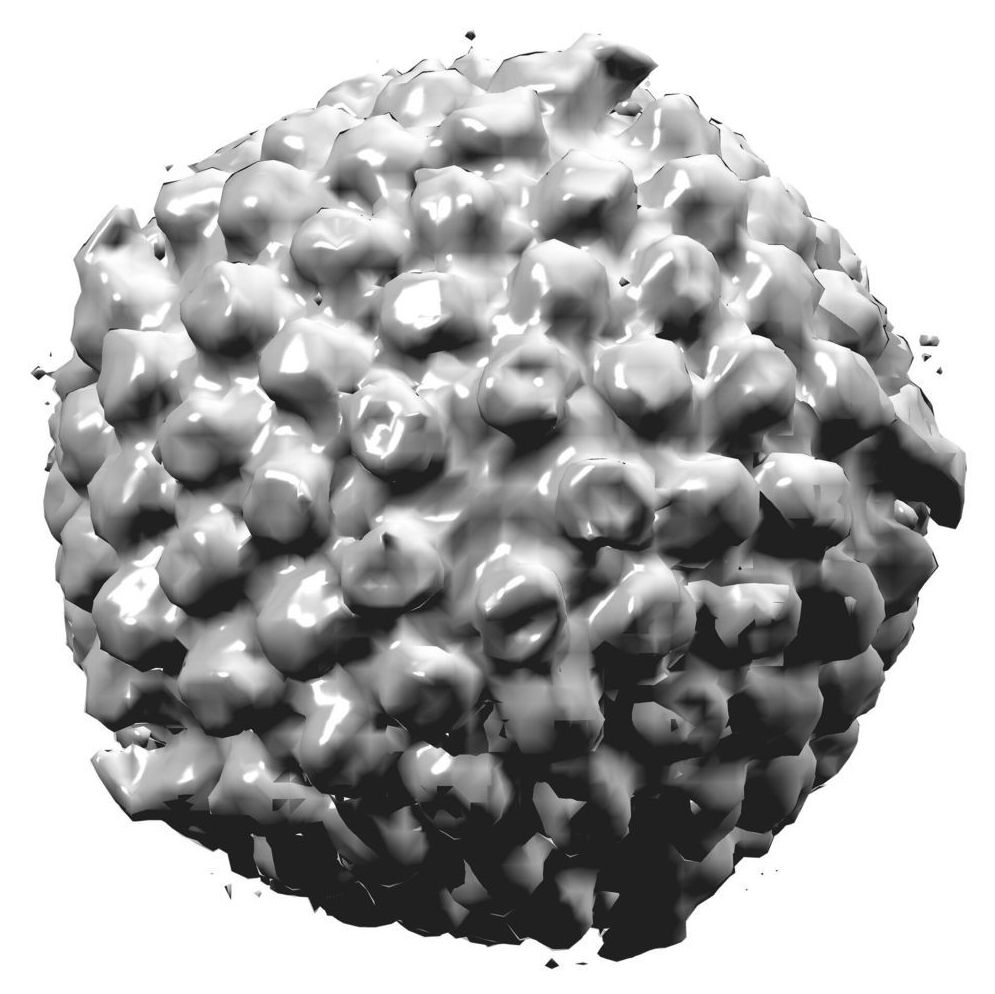We all have the potential to pioneer this universe of wonders and discoveries, but we are like genies trapped in bottles. Not only that, the bottle is rusting away, and we have barely gotten to exercise our powers. Yet here we sit, instead of working on the situation, we do what we can to deny death and pretend it’s not happening. We fight tooth and nail for land, gold, traditions, landmarks, and policies, but when it comes to human life, the most valuable of all, something causes us to pull back and let it slide. If gold or a landmark had a genie in it then would it be less valuable?
The author of The Denial of Death, Ernest Becker, writes, “This is the paradox: he is out of nature and hopelessly in it; he is dual, up in the stars and yet housed in a heart-pumping, breath-gasping body that once belonged to a fish and still carries the gill-marks to prove it.” “Man is literally split in two: he has an awareness of his own splendid uniqueness in that he sticks out of nature with a towering majesty, and yet he goes back into the ground a few feet in order blindly and dumbly to rot and disappear forever.” What do you do in a position like that? What are the most sensible courses of action to take for apes wandering along, suddenly finding themselves alight with the vast powers of reflective cognition? Becker says we go mad driving ourselves blind with social and psychological games, that when faced with fight or flight, we flee into rationalizations and distractions.
Being “inauthentic” and “one dimensional”, people are “unable to transcend their social conditioning: the corporation men in the West, the bureaucrats in the East, the tribal men locked up in tradition—man everywhere who doesn’t understand what it means to think for himself and who, if he did, would shrink back at the idea of such audacity and exposure.” Having not completely figured out what it means to think independently yet, humanity as a whole just kind of sinks back into default positions of mimicry and whatever generates tribal acceptance and basic survival needs. When fighting the duality is considered, even the thought of getting a basic grip on it is overwhelming.






